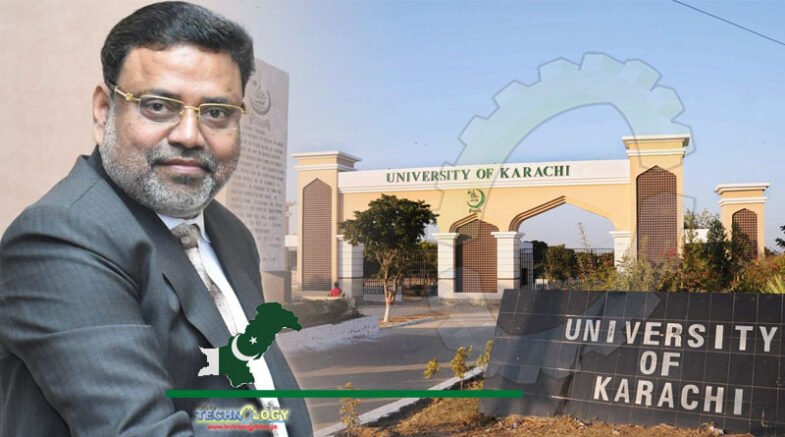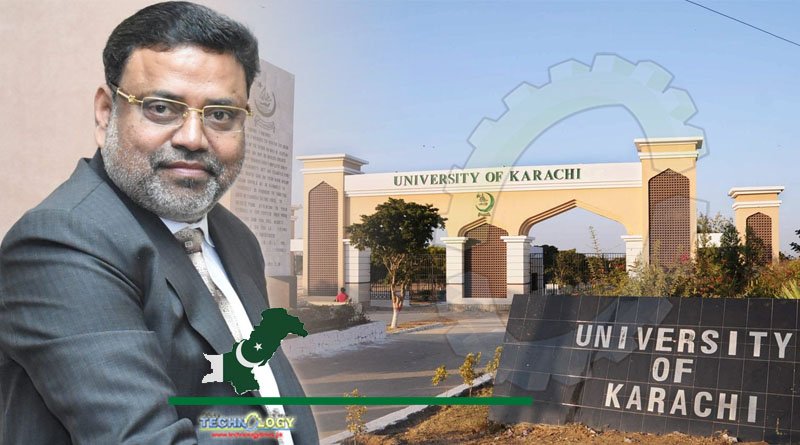Vice Chancellor University of Karachi Dr Khalid Mahmood Iraqi highlighted the impact of health on creativity and innovation and persuaded the students to launch new startups.

Vice Chancellor University of Karachi Dr Khalid Mahmood Iraqi highlighted the impact of health on creativity and innovation and persuaded the students to launch new startups.
He was speaking at the 6th Annual Research Talk organized by the Department of Physiology, KU in the M.H.Qazi Auditorium here, said a statement. Dr Iraqi cherished the concept of ART and motivated young scientists to have high dreams, positive thinking, and purposeful energy usage to utilize their creativity and innovation for a better career.
He briefly discussed the initiation of the new degree programme in Human Nutrition offered by the Food Science and Technology Department. He emphasized adopting new skills for better compliance. Think big was the home-taken message for the future of Pakistan by Dr Iraqi.
Keynote speaker, Dr Mushtaq Hussain from Dow University of Health Sciences elaborated the sustainability in vivo models and emphasized the use of Drosophila Melanogstei for research purposes as its cost-effective, easily accessible system establishment of the fly, with zero ethical concerns and suitable for most of the experimental studies.
He highlighted that the 60 percent genetic homology of Drosophila with human makes it’s a good choice since the pathophysiological conditions of humans are easily translatable in Drosophila. Dr Hussain shared with the young scientists about the establishment and functionality of two fly laboratories in Pakistan at LUMS and DUHS.
The fruit fly Drosophila melanogaster is a versatile model organism that has been used in biomedical research for over a century to study a broad range of phenomena. There are many technical advantages of using Drosophila over vertebrate models; they are easy and inexpensive to culture in laboratory conditions, have a much shorter life cycle, they produce large numbers of externally laid embryos and they can be genetically modified in numerous ways.
Research using Drosophila has made key advances in our understanding of regenerative biology and will no doubt contribute to the future of regenerative medicine in many different ways.
While discussing his current research, Dr Hussain mentioned the devastating impact of consanguineous marriages on sterility, rate of abortion, life birth rate, life span, development, and muscular activities, using Drosophila as the model subject.
Originally published at Daily Times
